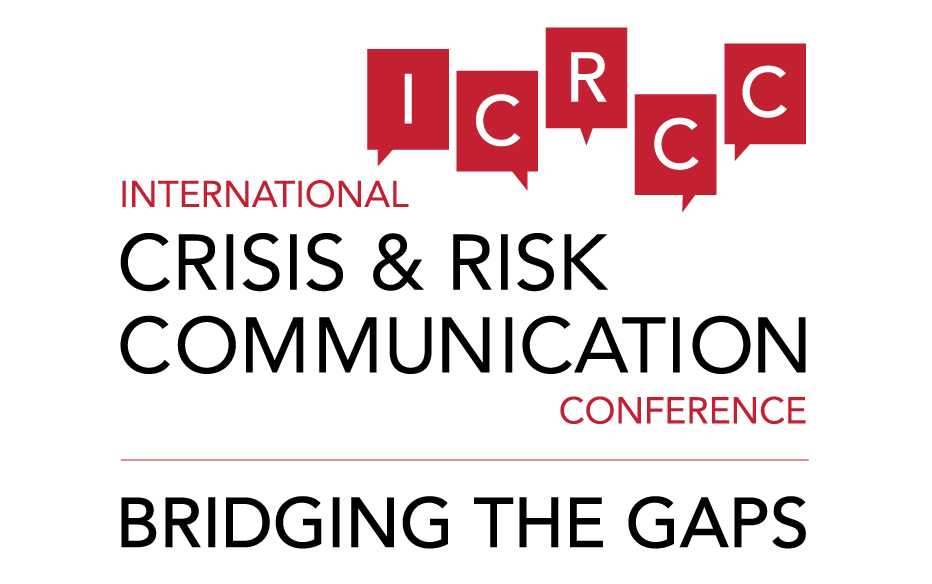
Chair of the Department of Strategic Communication
Texas Christian University
United States
Jacqueline Lambiase (Ph.D., University of Texas, Arlington, 1997) is Chair of the Department of Strategic Communication at Texas Christian University. For more than 10 years, she has consulted with and spoken to diverse groups about earning their share of discussion in social media and public relations opportunities. She is co-founder of the Certified Public Communicator Program at TCU as well as the TCU Nonprofit Communicators Conference. Her research focuses on public relations ethics, representations of gender and sexuality in media and marketing, as well as social media. She has co-authored and co-edited two scholarly collections, as well as published more than 30 book chapters and refereed journal articles. Before her life as an academic, she served as spokeswoman for an East Coast electric utility and worked as a wire editor, business reporter and news editor for daily newspapers in Texas.
The Apology as Identification Management (AIM) Theory of Apologizing
Co-presenters: Amiso George, Ph.D. & Josh Bentley, Ph.D., Texas Christian University
Public apologies are common in American culture, and crisis scholars have studied them extensively. Although researchers have been working to identify what makes apologies acceptable to stakeholders, many apologies are still ineffective. This presentation provides simple, practical advice to crisis communication professionals by outlining a theory of apologies as rhetorical devices for managing identification between offenders and stakeholders.
We call this the Apology as Identification Management (AIM) theory. Using Kenneth Burke’s concepts of identification and dissociation, we argue that apologies operate by breaking the identification between offenders and their offenses and, instead, allowing offenders to identify with the values of their critics. If those who have been offended see that an offender truly shares their values, they will identify with that offender as well. However, if an apology does not persuade the offended that an offender shares their values, the offender and offended will remain dissociated from one another.
We conclude with several suggestions for communication professionals facing crises. One key suggestion is to use environmental scanning to identify the values of those who are offended. Another is to use spokespeople who genuinely understand and share those values instead of spokespeople who are just pretending to share stakeholders’ values.


